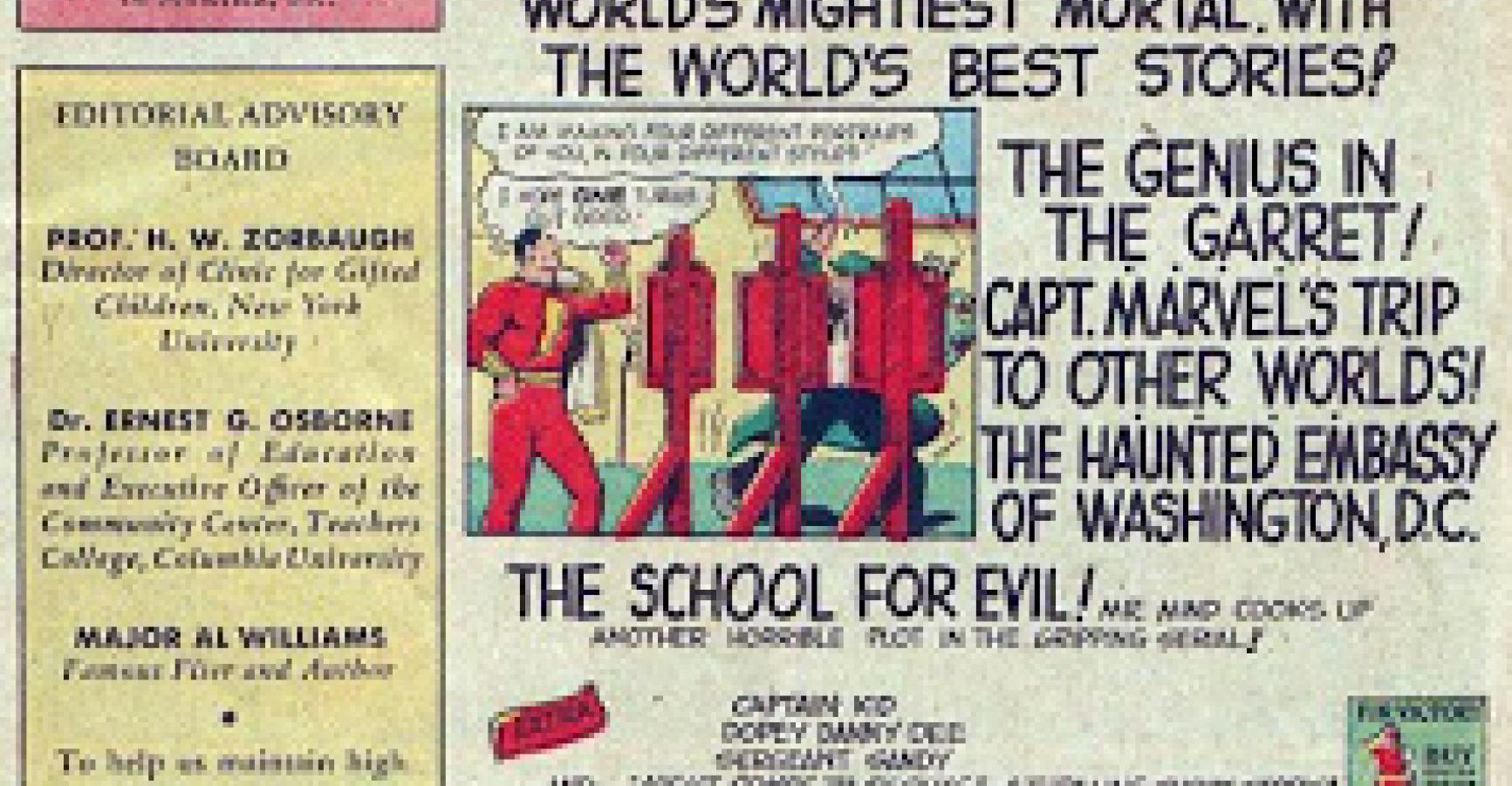Courtesy of Maureen Ryan, TV critic for the Huffington Post in her critique of this season’s Mad Men finale (no spoilers):
“[M]ost engaging stories get you to want something for the characters. The characters don’t have to be good people or they don’t even have to have admirable goals, yet because of the way the story is told, you end up wanting them to get something or attain some goal. You’re rooting for some kind of outcome, even if it is a comeuppance.”
That’s about the smartest thing I’ve heard about the craft of writing all year. And she’s absolutely right. It’s good advice. My only corollary to that is that I need some sense of what the character him/herself wants. I may not need to be hit over the head with it; it need not be something that the character even realizes is needed; it may change throughout the story. But the most basic definition of a story is “Somebody wants something and something’s in his way,” and I’m more likely to be engaged if I at least think I know what those two “somethings” are. They can be simple, they can be complex, but–particularly if you’re a beginning writer–I’d rather you err on the side of revealing too much than too little.



